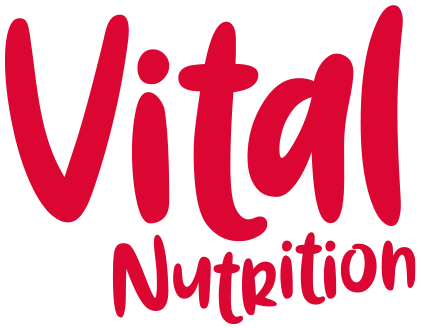Surprising health foods
We all know the basics of a healthy diet. Plenty of fruit and veg, enough lean proteins, fibre-rich wholegrains, beans, lentils and some healthy fats from oily fish, nuts and seeds, but there are a few foods that you may not consider as health foods that have surprising nutritional benefits.
New potatoes - in season right now, and at their very best. Freshly dug, new potatoes are a good source of potassium, vitamin C, B vitamins and fibre. If you find that a feed of spuds helps to satiate your appetite, that is thanks to their resistant starch content. This delays digestion and carbohydrate absorption, making potatoes a low GI choice. This same resistant starch acts like a pre-biotic fibre that gets fermented by the friendly bugs in your digestive system, helping to maintain the delicate balance of good bacteria in your gut microbiome. Cooking methods matter, so boiled or steamed potatoes are best. Eat the skins for added fibre.
Popcorn - is a low fat, wholegrain snack that is a decent source of fibre and antioxidants called polyphenols that have cardiovascular protective effects. It all depends on how you eat it, of course. As soon as you add fat, salt and sugar, this relatively healthy snack is transformed into junk food. Try making it at home in a pot, or in the microwave and adding your own flavours. A little seasalt and some herbs, or cinnamon and a dash of honey are better alternatives than too much salt or sugar.
Cheese – who ever thought that cheese could be a superfood? In recent years, our interest in the gut microbiome has piqued and with it, the desire to include plenty of probiotics in our diet. Kefir, kombucha and live yoghurt are great for our gut, but as long as you can tolerate dairy products, including some cheese in your daily diet could be just as beneficial. Some cheeses are better than others. Aged cheddar, Swiss cheese, gouda, edam and parmesan as well as cottage cheese and blue cheese like Stilton are likely to contain higher levels of probiotics than other types of cheese. Look out for unpasteurised or raw cheese.
Coffee – if you love your morning cuppa, it could be giving you more than just the feelgood factor. Studies show that coffee if a great source of polyphenols – important antioxidants that have pre-biotic effects on our gut microbiome. Of course, most of us know that coffee can help give us a lift in energy, but it may also help improve your cognitive function too. Some studies have linked coffee drinking to lower incidence of type 2 diabetes, stroke and heart disease. Drinking coffee before exercise can help improve sports performance and endurance too. Drink decent quality coffee. Ground coffee is likely to have more health benefits than instant coffee, and if you have high blood pressure, then the advice is to cut back on coffee and other caffeinated drinks.
Leftover rice or pasta – when starchy food is cooked and cooled, it transforms into a form called resistant starch – the same stuff we find in new potatoes. This indigestible carbohydrate has prebiotic effects, helping to feed the beneficial bacteria in our gut microbiome. We also find resistant starch in pre-cooked pulses like tinned chickpeas, and ready-to-eat lentils, and bread that has been frozen and defrosted.
Prawns are a good source of protein and may help to keep your cholesterol levels in check. Studies show that adding prawns to our diet can help reduce LDL (bad) cholesterol and improve good (HDL) cholesterol. Prawns contains an antioxidant called astaxanthin. This is what give prawns their distinctive pink colour when cooked, but it has specific health benefits for our skin too, thanks to its anti-inflammatory properties and protective effects against sun damage.
Chocolate is one of my favourite health foods! A little every day can provide you with a decent hit of polyphenol antioxidants, some magnesium and even some fibre. Just make sure you choose a minimum of 70% cocoa to get the health benefits though.

